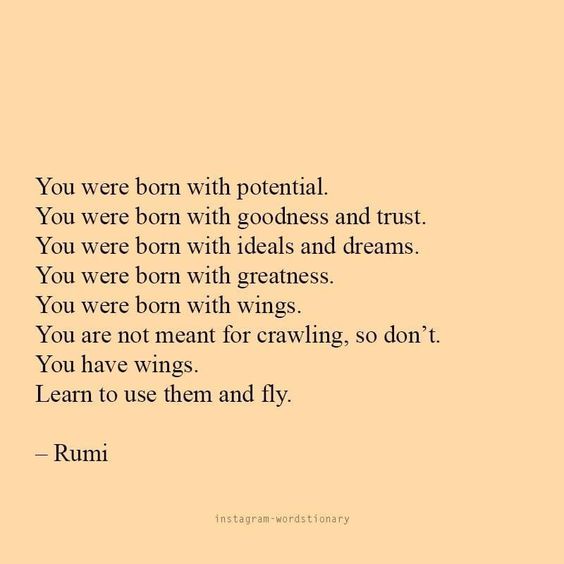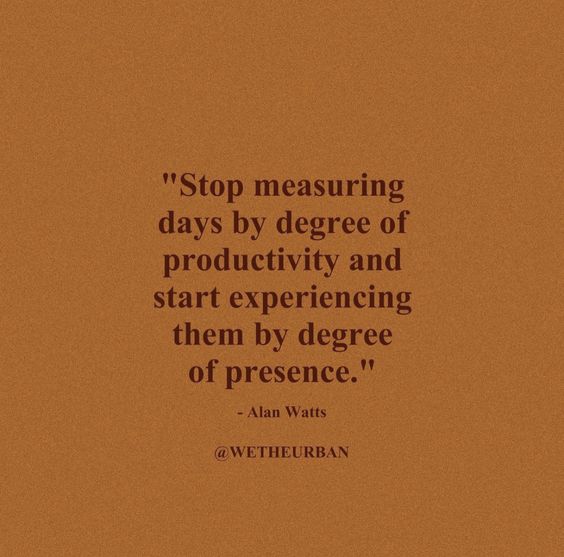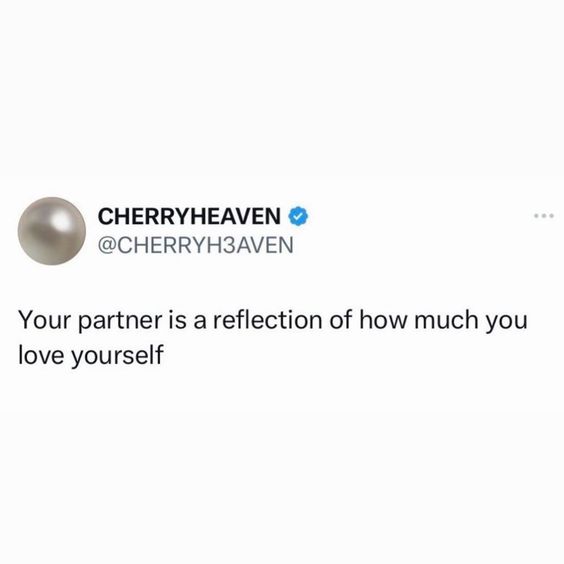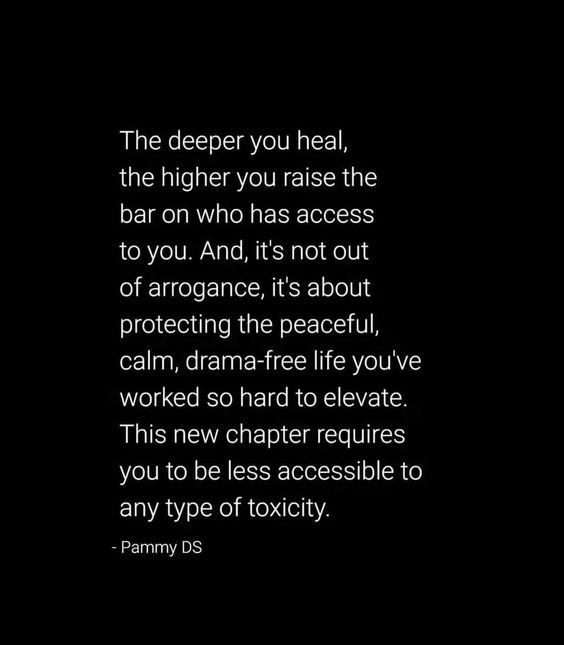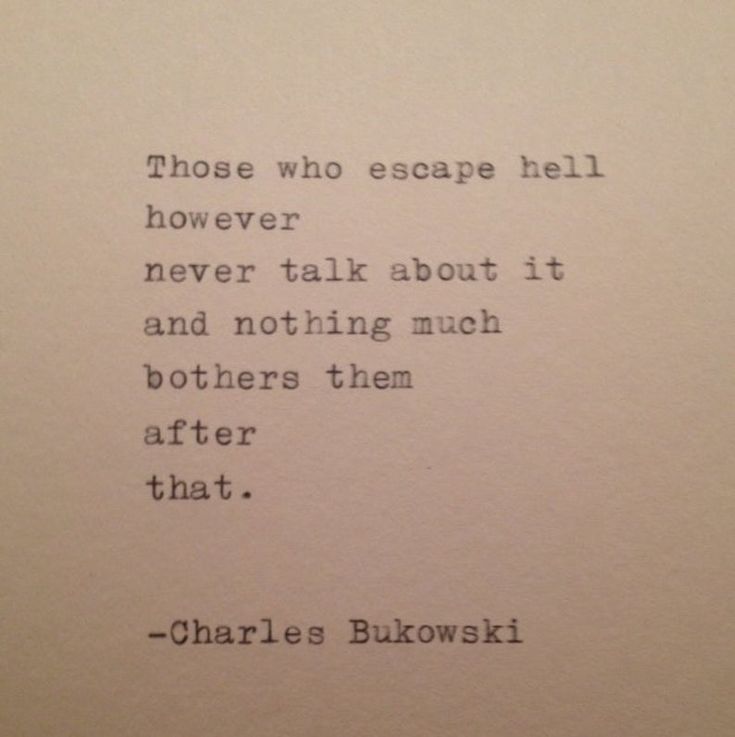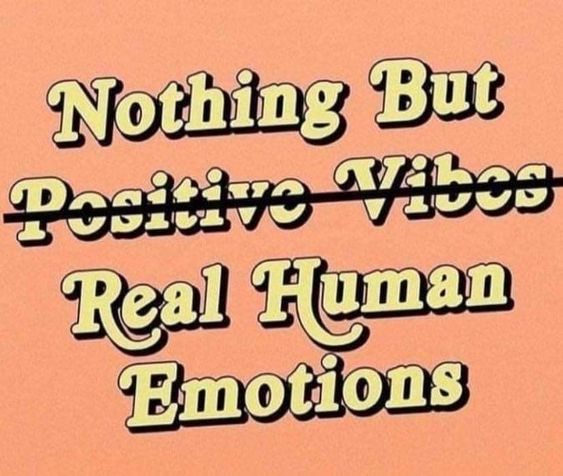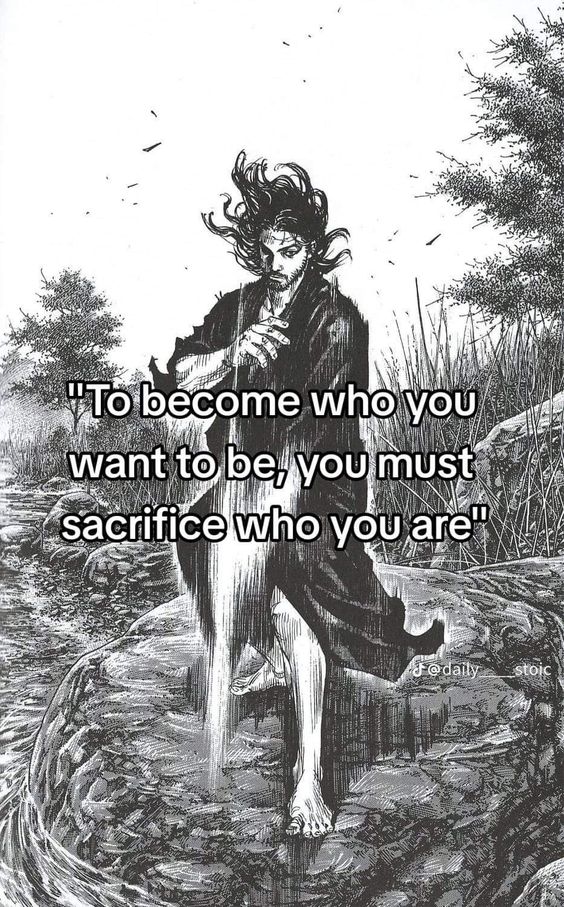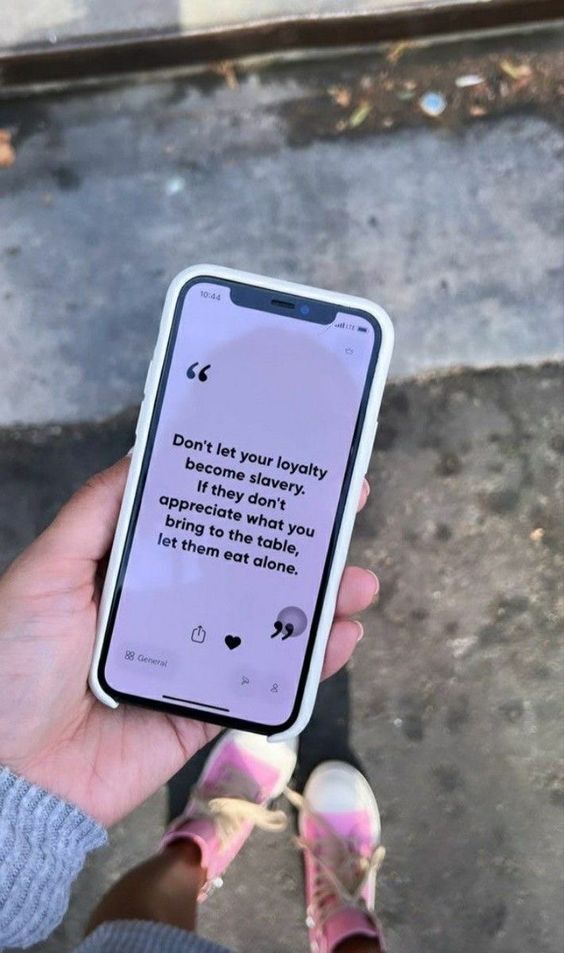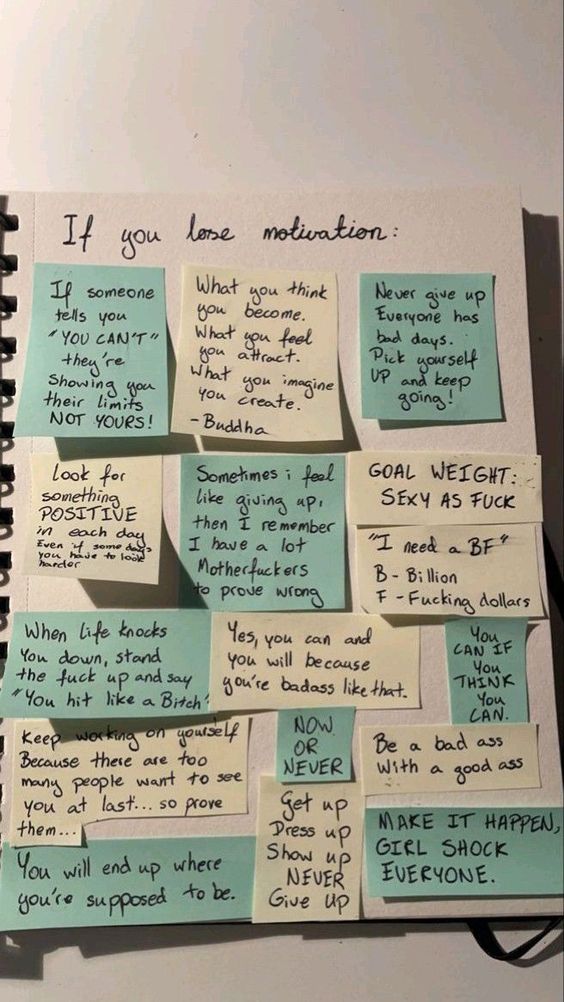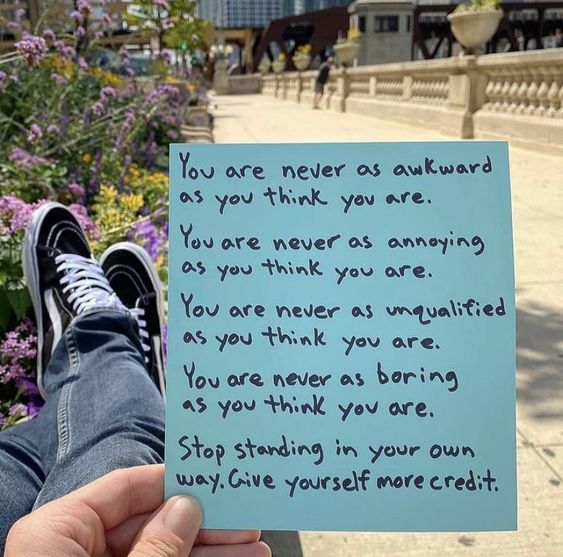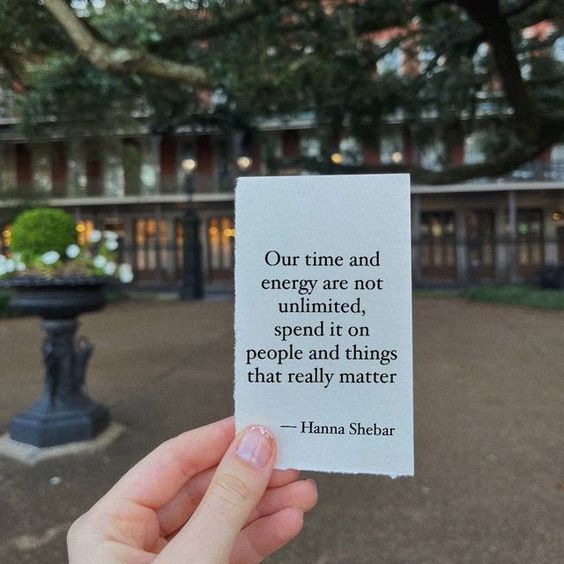“Life isn’t a train ride where you choose your destination, pay your fare and settle back for a nap. It’s a cycle ride over uncertain terrain, with you in the driver’s seat, constantly correcting your balance and determining the direction of progress. It’s difficult, sometimes profoundly painful. But it’s better than napping through life.”
John W. Gardner, Self-Renewal (Page xii)
“There’s something in us that fiercely resists change. And there’s something else in us that welcomes it, finds it bracing, even seeks it out. It’s the latter trait that keeps the species going.”
John W. Gardner, Self-Renewal (Page xi)
“The earth is undivided. India and Pakistan and England and Germany exist only on maps, and those maps are created by the politicians, the power-mad people. This whole earth is yours. There is no need to identify with anything. Why become confined to small territories? Why be confined by politics? Claim the whole heritage of the earth. It is your earth. Be a planetary being rather than a national one. Forget about India and England and think of the whole globe. Think of each and everyone as brothers and sisters; they are!”
Osho, Everyday Osho (Page 173)
Self-Renewal [Book]

Book Overview: This is a book about the importance of renewal for both societies and individuals – and the interdependence between the two to accomplish it. Societal renewal (think government, education, race relations, international affairs), hinges on a creative society, which itself hinges on the capability of individuals to move from apathy to self-renewal. What sounds simple is complicated by entropy, the slowing pace that invariably occurs in societies, organizations, and individuals as they age. Gardner writes, “[V]itality diminishes, flexibility gives way to rigidity, creativity fades and there is a loss of capacity to meet challenges from unexpected directions.” Shocks to the system (think wars, disasters, pandemics, loss of a job) often unlock “new resources of vitality.” How to continually initiate renewal apart from these external prompts is the secret and subject of this book.
“Once the honeymoon is over and you put down your masks, and the reality is revealed, then what will you share? You will share that which you have. If anger, then anger, if possessiveness, then possessiveness. Then there is fighting and conflict and struggle, and each tries to dominate the other. Meditation will give you something you can share. Meditation will give you the quality, the energy that can become love when you are relat[ing] to somebody.”
Osho, Everyday Osho (Page 172)
“Nothing you love is lost. Not really. Things, people—they always go away, sooner or later. You can’t hold them, any more than you can hold moonlight. But if they’ve touched you, if they’re inside you, then they’re still yours. The only things you ever really have are the ones you hold inside your heart.”
Bruce Coville
“We have reduced the world to its present state of chaos by our self-centered activity, by our prejudices, our hatreds, our nationalism, and when we say we cannot do anything about it, we are accepting disorder in ourselves as inevitable. We have splintered the world into fragments and if we ourselves are broken, fragmented, our relationship with the world will also be broken. But if, when we act, we act totally, then our relationship with the world undergoes a tremendous revolution.”
J. Krishnamurti, Freedom From The Known (Page 119)
